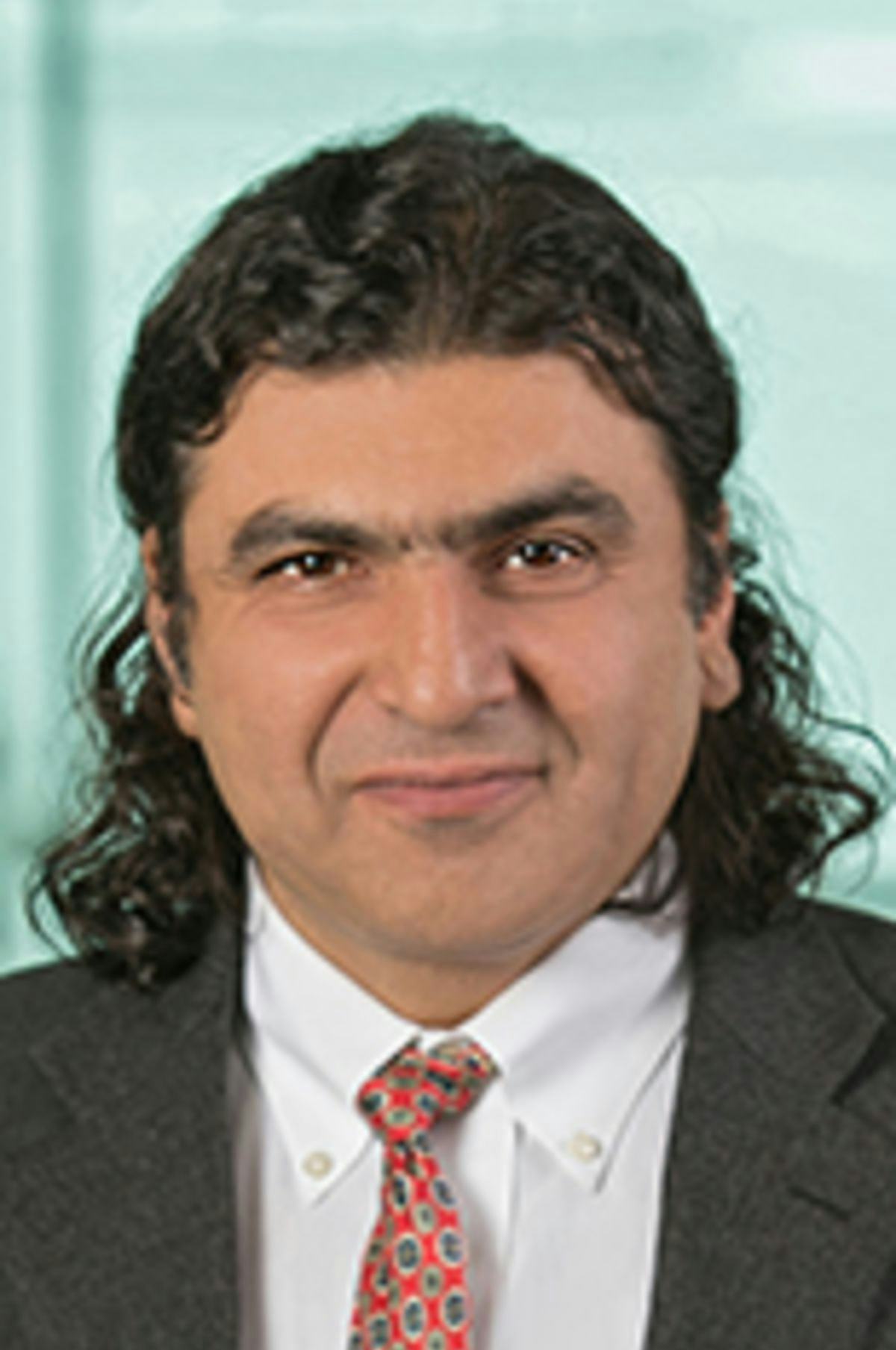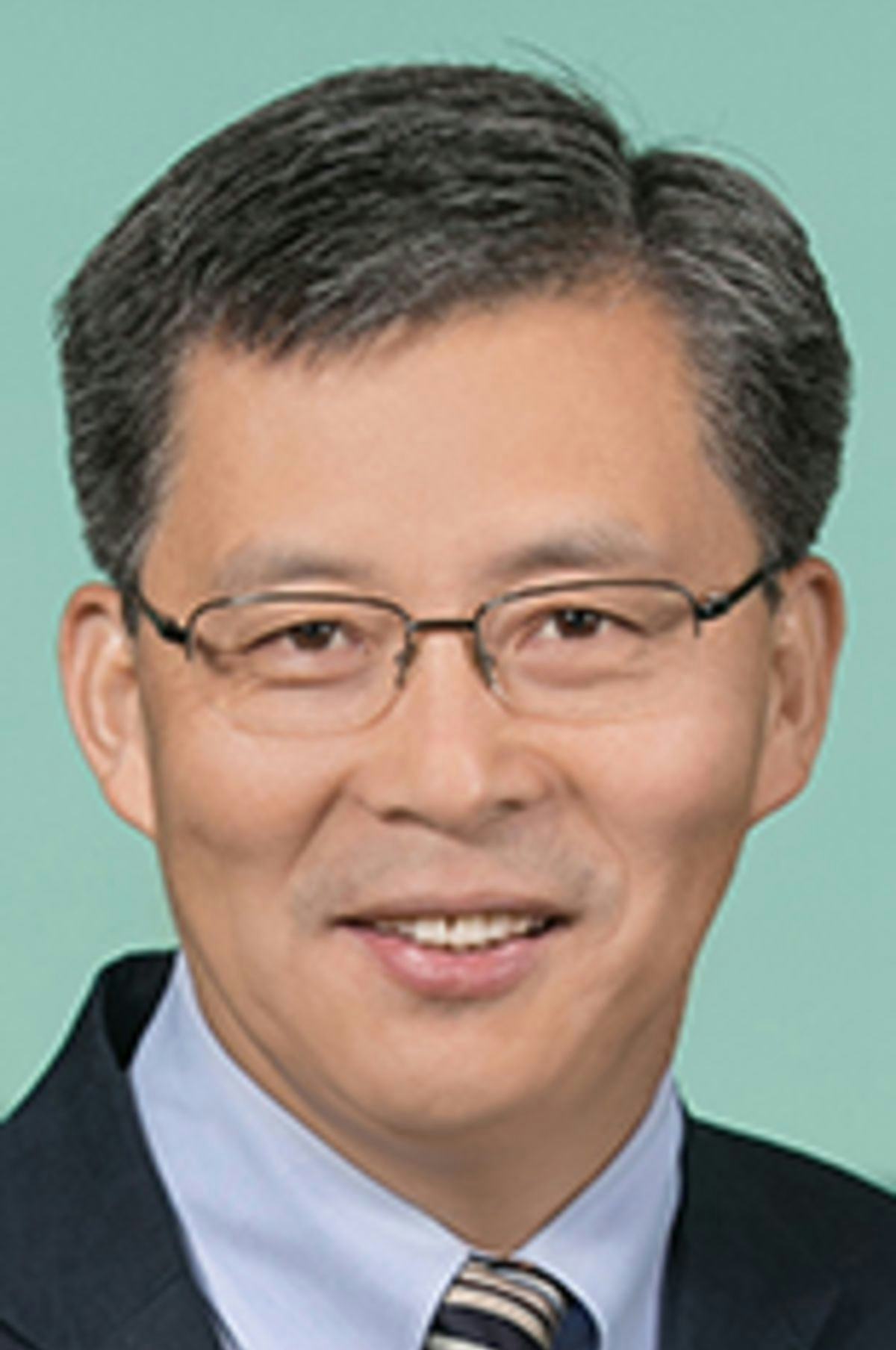Making the SHIFT to Industry: Positioning Fintech Research to Create Impact at Work
After Successful Launch Event, Stevens Faculty Excited for Potential of Interdisciplinary NSF Center
When Prof. Ionut Florescu used to explain his SHIFT research project, he would talk about the possibilities offered by this high-tech simulation platform — helping researchers understand pricing, giving investors a way to assess risk, offering a sandbox for regulators to test proposed rule changes.
That was six years ago. Today, SHIFT — which stands for Stevens High Frequency Trading — has evolved to the point where Dr. Florescu isn’t sure what’s next.
“I realize we’ve created something valuable, but I don’t know what to do with it,” said Dr. Florescu, a research professor, director of the Hanlon Financial Systems Lab and director of the graduate Financial Analytics program at the School of Business at Stevens Institute of Technology. “It’s nice to do research on, but I think it’s more valuable than that. I just don’t know what the utility is.”
NSF puts focus on fintech
Dr. Florescu hopes to get some direction through a Stevens-led, National Science Foundation-sponsored fintech research center that’s aiming to connect decision-makers in industry with thought leaders in academia. This center is what NSF calls an Industry-University Cooperative Research Center, a unique format that keeps research relevant throughout the involvement of industry partners.
In late October, Stevens and Rensselaer Polytechnic Institute, its partner in the IUCRC center, held a two-day workshop showcasing various fintech research initiatives. It was an invitation-only showcase of CRAFT — the Center for Research toward Advancing Financial Technologies — to industry stakeholders, who got a preview of exciting projects, like SHIFT, with potential real-world impact.
“My hope for the IUCRC initiative is that we can engage finance professionals who understand the system’s utility and potential, and then, through further discussions, can help us make it more useful,” Prof. Florescu said. “The system is so complex that we can’t just hand it off to other researchers or companies yet. We need to simplify its use, so we can focus on applications that are actually valuable.”
If CRAFT is approved beyond the planning phase, it will be eligible for annual NSF funding of $750,000 per center for as many as 10 years, to help sort out the challenges of interdisciplinary, interscholastic research and ensure concepts like SHIFT get the visibility in industry that they need to grow into successes.
SHIFT offers two main iterations — an ability to replay historical market conditions, and a market simulation driven by agents that buy and sell according to their own algorithms. The combination of real-time and simulated data is valuable for researchers trying to see the micro and macro activity in the market — the behavior between buyers and sellers, as well as the impact their activities have on pricing. In the right hands, it could allow a gamut of applications, from more accurately testing algorithms to identify coding errors, to stress-testing the markets to see their responses to a crash.
Positive feedback from industry
At the workshop, Prof. Florescu’s project got some industry attention from professionals asking about stability, investor protection and prevention of financial crimes. Nearly 200 people registered for the invitation-only event, a strong sign for the future stability of the center, according to Dr. Steve Yang, principal investigator on CRAFT.
“I was very excited to see the positive feedback from industry,” Dr. Yang said. “We heard from various sectors in the financial industry, who are in agreement that they need this kind of research to consider regulation and policies, as well as the development of fintech and innovation generally. Looking long term, I expect we will see a great deal of interest from companies — as well as other universities — looking to take part in this center.”
A total of 10 presenters showcased research projects, including five Stevens faculty — professors Florescu, Zhenyu Cui, Darinka Dentcheva, K.P. Subbalakshmi and Rajarathnam Chandramouli — who covered the role of A.I. in investment management, blockchain, green finance and financial risk analytics.
Those were all welcome topics for Bill Penders, a senior advisor at the New Jersey Economic Development Authority who has 30 years’ experience in finance and professional services, most notably as president of financial printer Bowne & Co. He’s now the sector lead for fintech and cybersecurity for the EDA’s Office of Economic Transformation.
“In five years, what we call fintech today will just be called banking. Everything from small payments to major investment decisions is all going to be integrated with technology,” Penders said. “One of the reasons I’m excited to see NSF get involved here is because financial services is traditionally underrepresented, when it comes to technology, compared to other industries. This is the perfect time for more engagement between the industry, the academic sector and government.”
The Office of Economic Transformation looks to develop specific business sectors that were identified in Gov. Phil Murphy’s Economic Development Strategic Plan, that are considered to have high potential for growth. These include but are not limited to, clean energy, advanced manufacturing, and fintech. Penders hopes the IUCRC is successful in continuing to develop the state’s reputation as a hub for innovation in finance and technology.
“A center like this one is a declaration that innovation is going to happen here,” he said. “That’s going to energize the big banks, who have their back offices here, and it’ll bring in the small startups, as well.”
M.S. in Financial Analytics Hanlon Financial Systems Center School of Business




